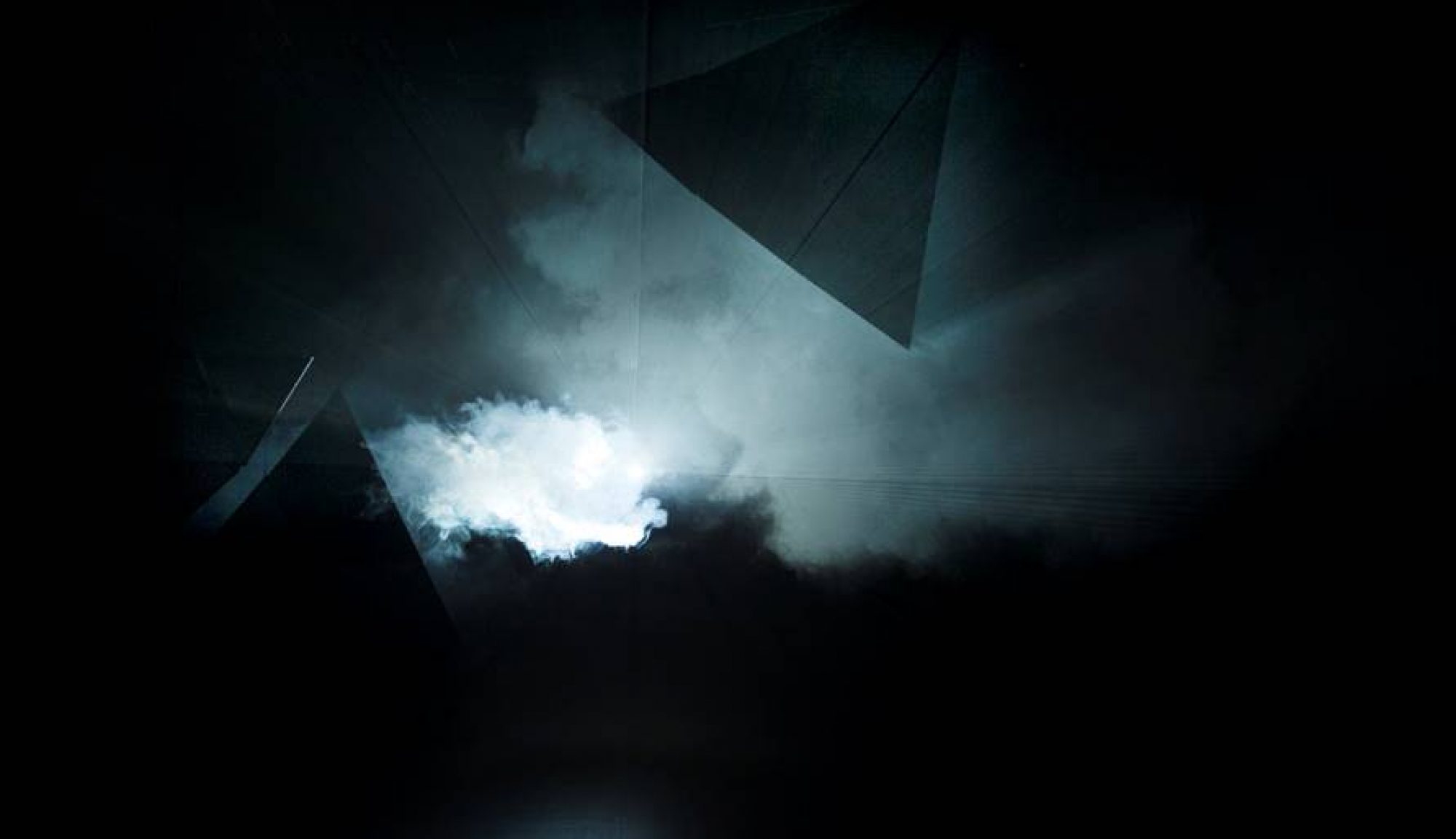Register to the conference by December 7 (for coffee and reception): https://www.lyyti.fi/reg/Creativityinartandscience
Creativity in Art and Science: Genius, Collaborative Processes and Networks Symposium
The past decade has seen a rising interest in social studies of creativity as sociologists, psychologists, organizational scholars, economists and philosophers have worked to discover the social conditions that give rise to new and important ideas, concepts, and products. Each of these disciplines has employed a distinctive perspective on how to conceptualize, measure, and analyze the major social antecedents of creative work. Still, despite this excitement and these advances there is little integration of research across these fields.
The time is thus opportune for the integration of theories and research findings, and for the development of multi-method approaches to test theories of the social and psychological factors that contribute (or obstruct) creativity. Additionally, the study of creativity is also particularly timely because universities are facing great changes and challenges. In addition to preparing graduates with knowledge and skills to work in existing institutions, academic institutes are being reshaped to apply creative research which is often reduced to the function of spearheading economic redevelopment.
This symposium will bring together national and international scholars from different fields to discuss questions such as the following:
- Universities attract gifted students and professionals in all fields, but what are effective ways to nourish their creativity? For example, are breakthroughs in a field more likely to be generated from those working at the high status centers of a field, or from those working in more marginal settings?
- What kinds of creative work is likely to be done by those who bridge across structural holes and work in interdisciplinary settings, and what kind is likely to be done by those who work within densely connected, relatively closed networks within single disciplines?
- While we know that working with mentors can facilitate creativity in protégées, under what conditions does interaction with mentors undermine the creativity of their protégées?
- What kind of group developmental processes and group interaction are associated with highly creative groups that exhibit a cascade of innovations in a field?
Invited speakers include:
Eeva Anttila, Michael P. Farrell, Henrik Fürst, Alison Gerber, John N. Parker, Gary Alan Fine, Randall Collins, Keith Sawyer, Erkki Kilpinen, Kirsi Tirri, Susanna Lindberg, Ugo Corte, Antti Gronow, Anssi Smedlund, and Aasa Karimo.
The organizers are Ugo Corte, Susanna Lindberg, Matthias De Groof, and Kirsi Tirri. The event is open to the public and take place at the Helsinki Collegium for Advanced Studies in the Central Campus of the University of Helsinki (Fabianinkatu 24A, 3rd Floor).
